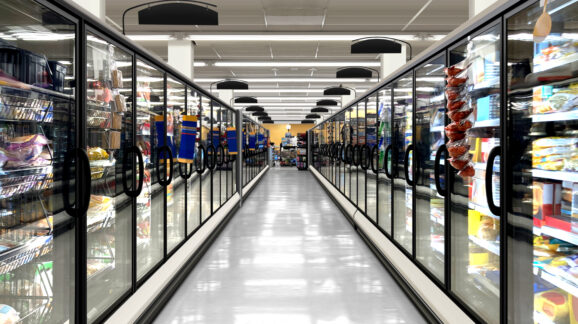The FTC, the Kroger-Albertsons merger, and the relevant market fallacy

Photo Credit: Getty
Over at National Review’s Capital Matters site, Alex Reinauer and I look at the FTC’s word games in its case against the proposed Kroger-Albertsons supermarket merger.
It comes as no surprise that consumers shop for groceries at a variety of different stores, not just supermarkets. There are large retail outlets like Walmart and H-E-B. Some prefer wholesale models like Sam’s Club and Costco. More than 1,000 new dollar stores are opening in the U.S. every year.
The FTC doesn’t consider these options to be acceptable alternatives. It apparently assumes that shoppers would not take their business elsewhere if Kroger and Albertsons decided to raise prices.
The SNAP food assistance program shows that the FTC has fallen for another aspect of the relevant market fallacy that directly affects low-income shoppers:
When SNAP benefits were rolled back last year to their pre-pandemic levels, a poll of Kroger shoppers found that 37 percent were taking more of their business to dollar stores, which have a higher share of SNAP shoppers than Kroger. Costco also has a larger share of SNAP dollars than Albertsons.
What’s worse is that Kroger and Albertsons would be less equipped to compete against Walmart if their merger is ultimately scuttled.
Read the whole thing here. I previously wrote about the Kroger-Albertsons merger here. For more, see CEI’s Eye on FTC project.